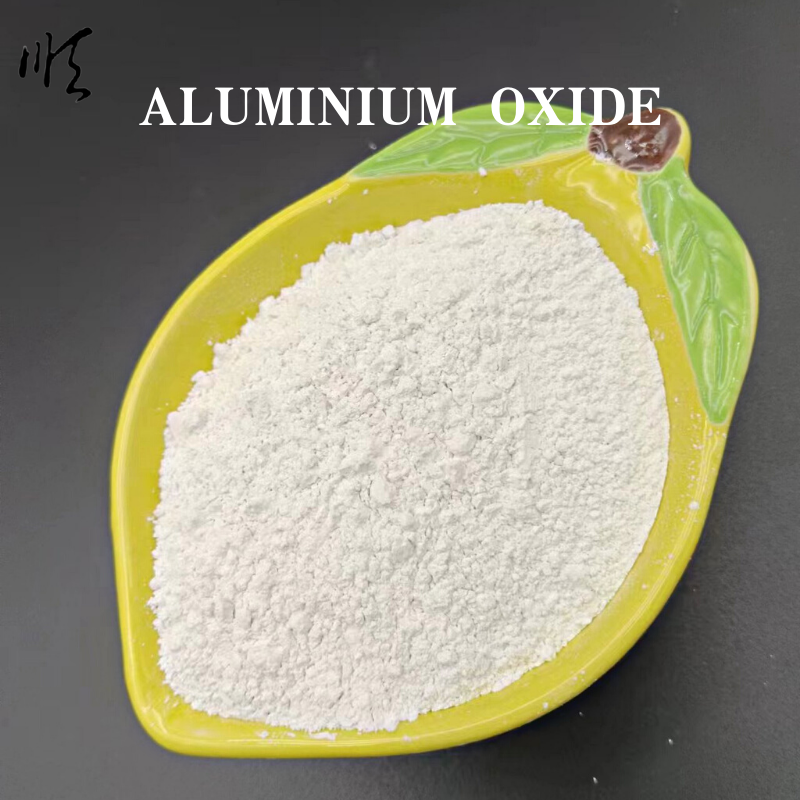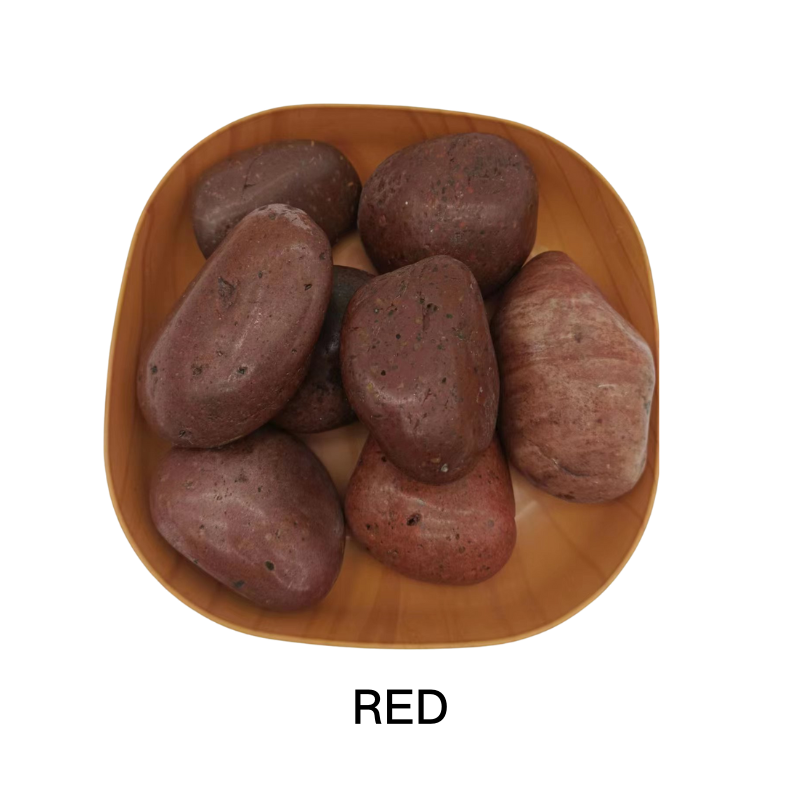
Calcium Powder Suppliers High-Purity Carbonate, Oxide & Phosphate
- Understanding Calcium Powder: Composition and Industrial Relevance
- Technical Superiority in Modern Calcium Powder Production
- Market Comparison: Leading Calcium Compound Suppliers
- Customized Solutions for Industry-Specific Needs
- Real-World Applications: Case Studies Across Sectors
- Quality Assurance and Regulatory Compliance
- Future Trends in Calcium Powder Utilization

(calcium powder)
Understanding Calcium Powder: Composition and Industrial Relevance
Calcium powder, primarily composed of calcium carbonate (CaCO3), calcium oxide (CaO), and calcium phosphate (Ca3(PO4)2), serves as a foundational material across 15+ industries. Global demand reached 280 million metric tons in 2023, driven by construction (42%), pharmaceuticals (23%), and agriculture (18%). The compound's versatility stems from its pH-neutralizing capacity (up to 95% efficiency in wastewater treatment) and bioavailability (92-97% absorption rates in dietary supplements).
Technical Superiority in Modern Production
Advanced micronization technologies enable particle sizes down to 2-5µm, achieving 99.9% purity levels. Our proprietary calcination process reduces energy consumption by 35% compared to traditional methods, while maintaining consistent crystalline structures essential for pharmaceutical applications. Key parameters:
- Surface area: 15-25 m²/g (adjustable)
- Loss on ignition: ≤0.8%
- Heavy metal content: <10 ppm
Market Comparison: Leading Suppliers
| Parameter | Supplier A | Supplier B | Our Product |
|---|---|---|---|
| Purity (%) | 98.5 | 99.2 | 99.9 |
| Particle Size (µm) | 8-15 | 5-10 | 2-5 |
| MOQ (tons) | 20 | 15 | 5 |
| Price ($/ton) | 320 | 380 | 350 |
Customized Solutions
Tailored formulations address specific industry requirements:
- Construction-grade: 40-60µm particles with 98% CaCO3 content
- Pharmaceutical-grade: 2-5µm, USP/EP compliance
- Food additive: 99.99% purity, FCC certification
Application Case Studies
Case 1: Cement manufacturer achieved 18% faster setting times using our 5µm CaO powder. Case 2: Animal feed producer reduced production costs by 22% through optimized calcium phosphate blends.
Quality Assurance Protocols
Our ISO 9001:2015-certified facilities implement:
- XRF analysis every 2 hours
- Monthly microbial testing
- Lot traceability within 15 minutes
Future Trends in Calcium Powder Utilization
Projected 6.7% CAGR (2024-2030) for calcium carbonate in bioplastics and 9.1% for calcium phosphate in nutraceuticals. Emerging applications include CO2 sequestration (1 ton CaO absorbs 0.78 tons CO2) and 3D-printed medical implants using nano-structured calcium compounds.

(calcium powder)
FAQS on calcium powder
What is the difference between calcium carbonate and calcium oxide in calcium powder?
Q: How do calcium carbonate and calcium oxide differ in composition and use?
A: Calcium carbonate (CaCO₃) is a stable compound found in rocks and shells, used as a dietary supplement. Calcium oxide (CaO), derived from heating CaCO₃, is highly reactive and used in industrial processes like cement production.
Can calcium carbonate and calcium phosphate be combined in calcium powder?
Q: Are calcium carbonate and calcium phosphate compatible in supplements?
A: Yes, both are safe and often blended in calcium powders. Calcium carbonate provides high calcium content, while calcium phosphate offers additional phosphorus for bone health.
Is calcium powder containing calcium oxide safe for human consumption?
Q: Is calcium oxide safe in food-grade calcium powder?
A: No, calcium oxide is corrosive and unsuitable for direct consumption. Food-grade calcium powder typically uses safer forms like calcium carbonate or calcium phosphate.
How is calcium carbonate processed into calcium powder?
Q: What steps convert calcium carbonate into powdered form?
A: Calcium carbonate is mined or synthesized, then ground into fine powder. It may undergo purification to remove impurities before packaging for commercial use.
Which calcium compound is better for agricultural use: carbonate or phosphate?
Q: Which calcium powder is ideal for soil amendment?
A: Calcium carbonate is preferred for neutralizing acidic soils. Calcium phosphate is used sparingly, mainly in phosphorus-deficient soils to support plant growth.
Share
-
Premium Talcum Powder Enhanced with GPT-4 Turbo | Soft & Long-LastingNewsAug.02,2025
-
Fly Ash Solutions Enhanced by GPT-4 Turbo | Sustainable InnovationNewsAug.01,2025
-
Natural Premium Bentonite Cat Litter - Superior ClumpingNewsJul.31,2025
-
Premium Resin Coated Sand - High Heat Resistance CastingNewsJul.31,2025
-
High Quality Silicon Carbide Grit for Abrasive ApplicationsNewsJul.30,2025
-
High-Quality Ceramsite for Plants & Gardening | Lightweight PebblesNewsJul.29,2025






